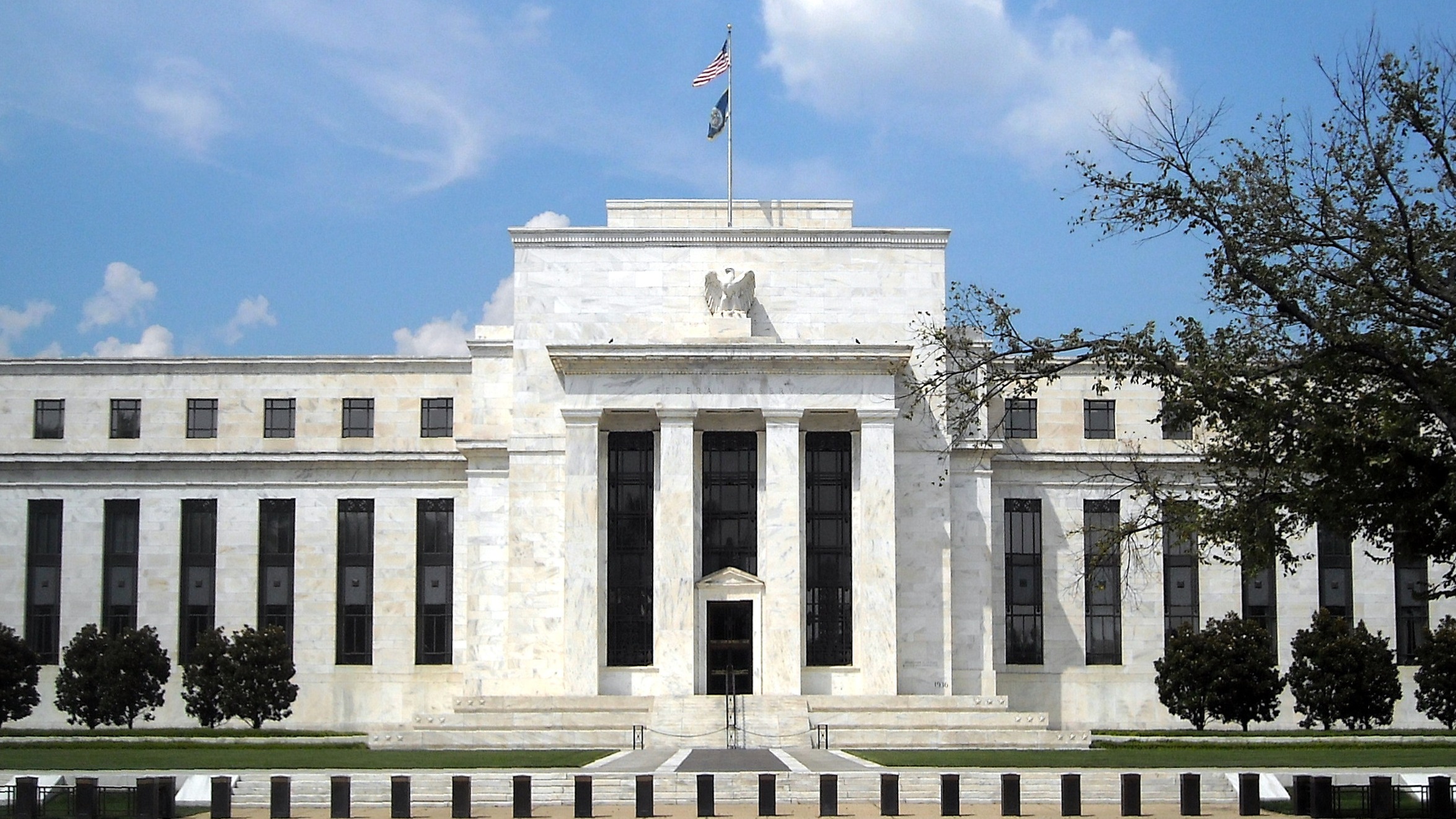The US is on course for a recession in the next two years, predicts a new survey of economists at big banks.
According to a Wall Street Journal survey of economists at 23 large financial institutions that do business directly with the Federal Reserve, more than two-thirds expect a recession in 2023. A further two said there would be a recession in 2024.
While Europe was hit heavily in 2022 as a result of inflation, energy and supply chain issues caused by Russia’s ongoing illegal invasion of Ukraine, the US was mostly resilient through the year as the Federal Reserve raised rates to curb inflation.
However, the survey of ‘primary dealers’ (a collection of trading firms and investment banks including Barclays and Bank of America) identifies red flags of a looking recession including a housing market in decline and banks tightening their lending standards.
The Federal Reserve increased rates seven times in 2022 – pushing its benchmark from 0-0.25 per cent to 4.25-4.50 per cent, representing a 15-year high. The majority of survey respondents expect that the higher rates of inflation will push unemployment from November’s low of 3.7 per cent to 5.5 per cent, leading to millions of job losses. Most respondents also expect the US economy to contract in 2023.
Latest News
-
Gemini to cut quarter of workforce and exit UK, EU and Australia as crypto slump forces retrenchment
-
Bank ABC’s mobile-only ila bank migrates to core banking platform
-
Visa launches platform to accelerate small business growth in US
-
NatWest to expand Accelerator programme to 50,000 members in 2026
-
BBVA joins European stablecoin coalition
-
eToro partners with Amundi to launch equity portfolio with exposure to ‘megatrends’
Creating value together: Strategic partnerships in the age of GCCs
As Global Capability Centres reshape the financial services landscape, one question stands out: how do leading banks balance in-house innovation with strategic partnerships to drive real transformation?
Data trust in the AI era: Building customer confidence through responsible banking
In the second episode of FStech’s three-part video podcast series sponsored by HCLTech, Sudip Lahiri, Executive Vice President & Head of Financial Services for Europe & UKI at HCLTech examines the critical relationship between data trust, transparency, and responsible AI implementation in financial services.
Banking's GenAI evolution: Beyond the hype, building the future
In the first episode of a three-part video podcast series sponsored by HCLTech, Sudip Lahiri, Executive Vice President & Head of Financial Services for Europe & UKI at HCLTech explores how financial institutions can navigate the transformative potential of Generative AI while building lasting foundations for innovation.
Beyond compliance: Building unshakeable operational resilience in financial services
In today's rapidly evolving financial landscape, operational resilience has become a critical focus for institutions worldwide. As regulatory requirements grow more complex and cyber threats, particularly ransomware, become increasingly sophisticated, financial services providers must adapt and strengthen their defences. The intersection of compliance, technology, and security presents both challenges and opportunities.
© 2019 Perspective Publishing Privacy & Cookies













Recent Stories